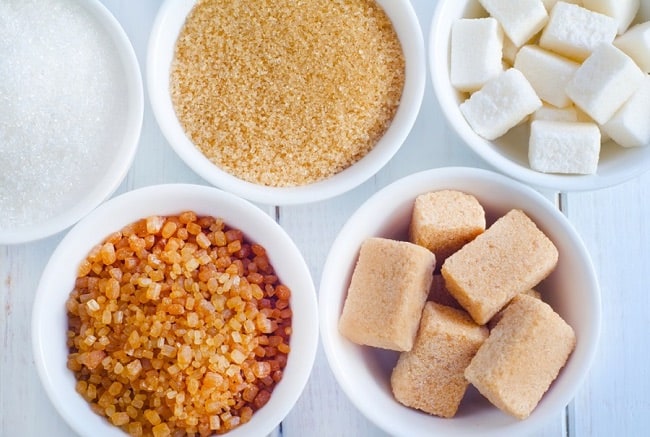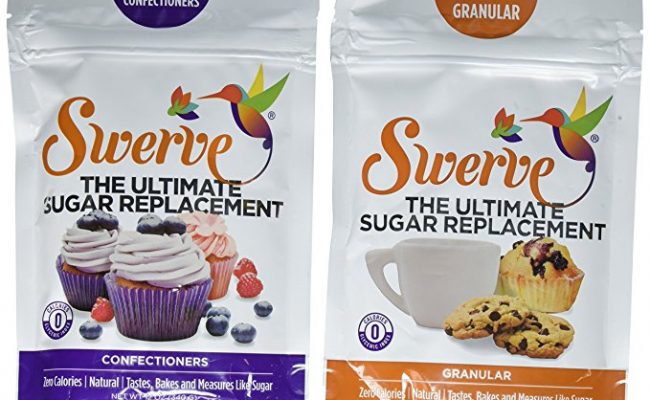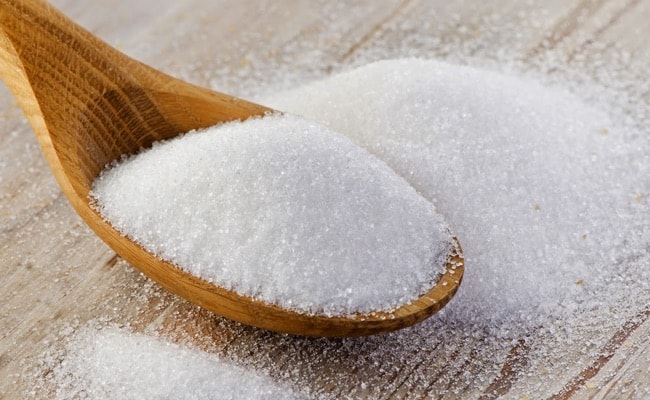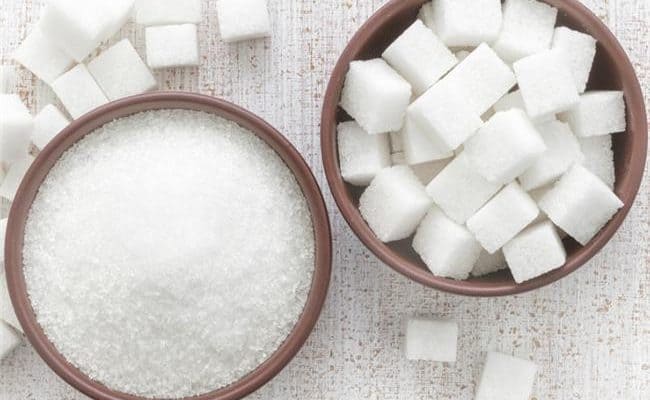
Low calorie sweeteners came on the market as a way to still enjoy sweet foods without the calories or blood sugar issues associated with regular sugar. Low calorie sweeteners (LCS) are used in many diet foods or foods marketed for weight loss.
It seems like a win-win situation; you can still enjoy the sweet taste but you don’t get the calories. However, research studies have shown mixed results on how low calorie sweeteners affect weight and other health aspects.
A 2012 study found that LCS consumption doubled among children from 1999-2000 to 2007-2008. LCS consumption increased from 18.7% to 24.1 % in adults. Sugar intake and LCS are increasing across most areas of the global population. The dangers of getting excess sugar are pretty well established, but are LCS safe?
Cancer risk
Cancer risk and LCS have been a concern in the general public for a long time, but the FDA and National Cancer Institute (NCI) state there is not “clear evidence” of an association between cancer risk and LCS.
Aspartame is the most common LCS under question for cancer risk and is most often found in diet drinks. The Center for Science in the Public Interest suggests avoiding aspartame due to more recent studies that have shown an increase from aspartame in cancer risk from some rat studies. The FDA also contests the way these studies were run.
An argument for safety is that studies with rats that show a relationship with LCS and cancer are at a very high dose. Therefore, if people consume LCS well under this amount (acceptable daily intake levels are set about 100 times lower than the amount that had a risk in rat studies), the thought is there should be no increased risk.
Impact on gut bacteria
The way LCS affect gut bacteria has been a growing concern. Back when most LCS initially hit the market, this wasn’t even a thought. Now scientists are understanding more how our diet impacts our gut bacteria and how these little bacteria influence the body and even the mind.
Some LCS can cause helpful bacteria to diminish and harmful bacteria to thrive. Sugar alcohols in rodent studies have shown this as well as studies using saccharine, sucralose and aspartame.
Interestingly, there may be an association between how artificial sweeteners impact gut bacteria and how these bacteria can influence weight regulation. More research needs to be done before making an assumption, but these initial studies suggest LCS could alter gut bacteria not in a positive way.
It’s not clear either how much LCS are needed to have an effect on gut bacteria.
Impact on sweet craving
Most LCS, with the exception of sugar alcohols, are extremely sweeter than regular sugar. Only a small amount is used to give a sweet taste without any calories.
A growing concern with LCS is that over time, it can actually upregulate your sense and craving of sweet things. Some research also indicates LCS do not elicit a full response of food reward pathways in the brain which can lead to further signaling and urging to continue eating.
The results are mixed of studies looking at the effectiveness for LCS and weight loss or weight maintenance. Even in children, intake of regular and diet soda was related to weight gain.
Are they safe for children?
The use of LCS are increasing in adults and children. The long term effects of LCS in children or adolescents isn’t known. Some observational studies have shown a positive correlation between LCS intake and weight gain, but more research is needed.
Conclusion: Quantity is still important
There are many effects LCS can have on the body, and LCS can vary. Some people have a sensitivity to them and experience digestive discomfort, headaches, fatigue, etc. when consumed and should be avoided.
LCS are on the GRAS list which stands for generally recognized as safe by the FDA as long as you are staying under the acceptable daily intake level. The same goes for cancer risk. To give you an idea, this acceptable level for an average adult is equal to having daily about 18 cans of 12 ounces of diet soda made with aspartame or 5.5 cans made with sucralose.
Are levels under the acceptable daily intake considered safe? It’s honestly hard to say. Other things to take into consideration for LCS include how they affect gut bacteria, how they alter sense and craving for sweet and if they are positively or negatively affecting weight.
As with sugar, maybe the healthier message is just to cut down on total sweetness, whether from real sugar or LCS. Just because these are low or free of calories doesn’t mean you can have as much as you want without some potential negative effect.
See also: 4 natural sweeteners that are good for you.
Children especially may need to use caution, as the long term effects of LCS in children are not clearly understood.
The message is the same for real sugar: excess can be harmful but a small amount may be ok. The “small amount” however is not clearly defined. More research needs to be done to understand the full effects.
Also, as with anything food related, what the rest of your diet looks like is important to consider. As a consumer, do your own research to see what you are personally comfortable with for intake with LCS.
References used in this article










